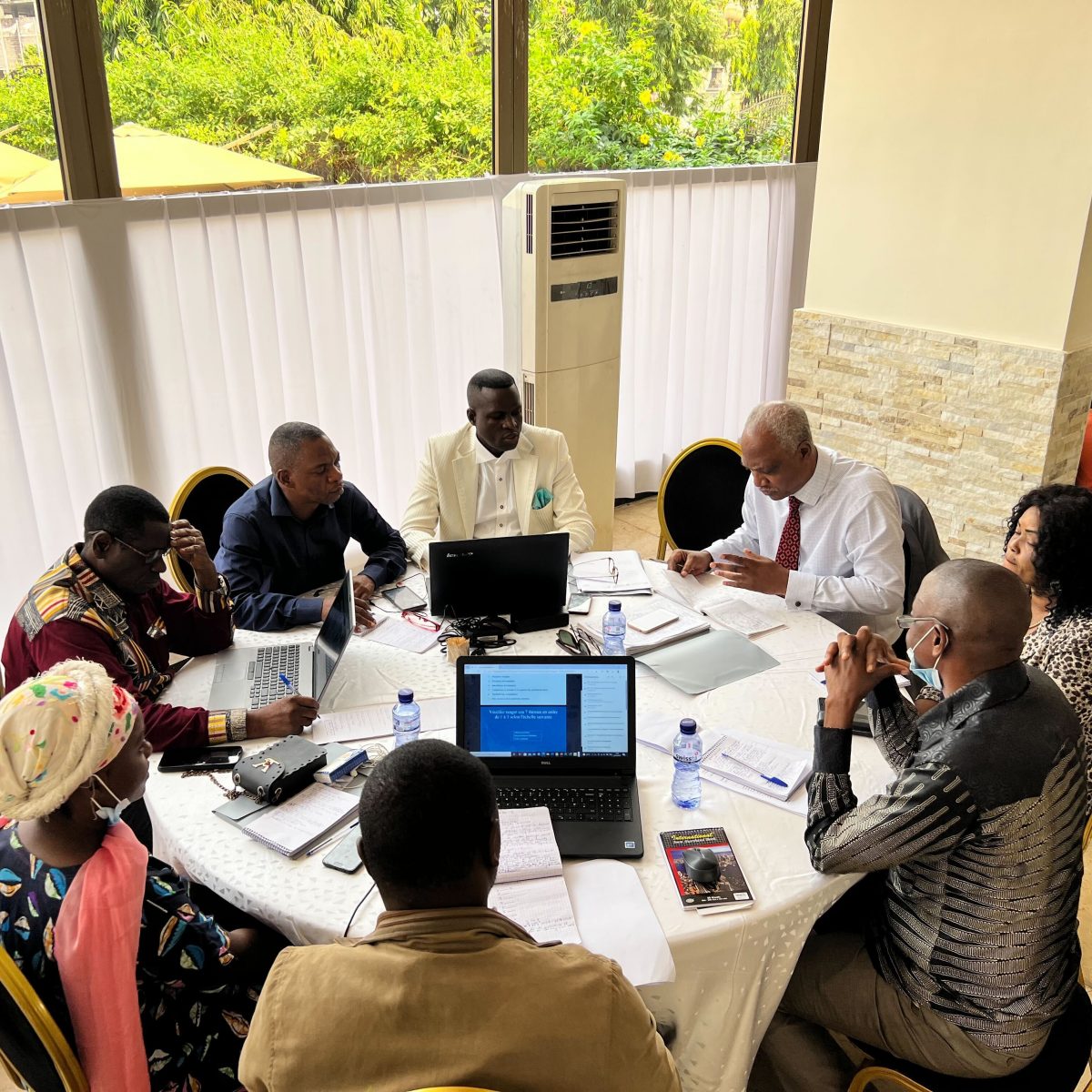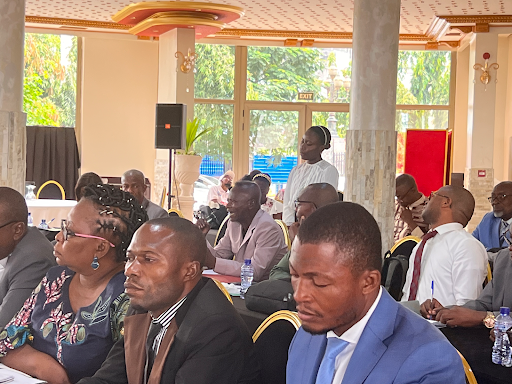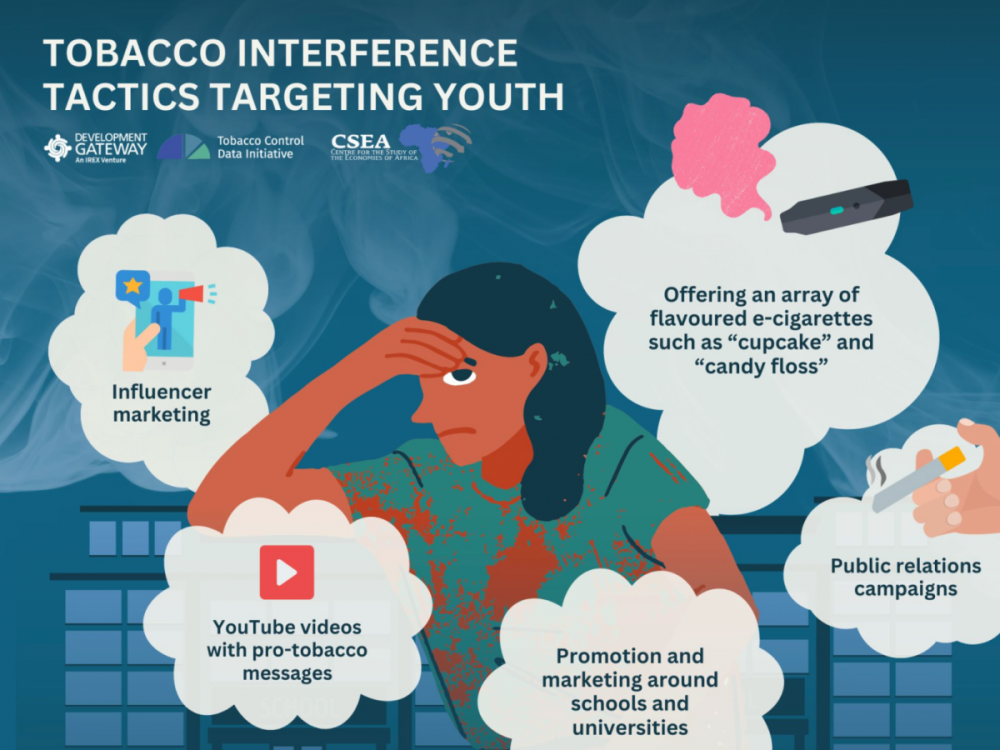
Three Lessons on Building Trust in Public Health Data
Accessible and timely public health data has the power to shape policy and significantly improve population health outcomes. Indeed, people often rely on trusted individuals within government, healthcare, and education institutions to provide guidance on health protective behaviors and best practices. The COVID-19 pandemic illustrated how public trust in health institutions and health data can have significant impacts on population health. High levels of government and interpersonal trust were associated with increased COVID-19 vaccination coverage and lower infection rates. Effective public health policy needs to be built on a foundation of trust in order for policies and individual health behaviors to change.
Why Focus on Trust?
Trust is a tricky concept to untangle. Building trust does not just pertain to whether the statistics presented are perceived as factual; it also encompasses the relevance, provenance and accessibility of data as it relates to specific decision-making processes. Issues of trust are further exacerbated by low levels of statistical literacy. The ability to interpret, analyze, and evaluate the quality of data is a specialized skill set. Many professionals who use data to inform their work are not necessarily experts in data collection and analysis. Intermediary institutions as well as data suppliers need to package and communicate data findings with this in mind.
A key part of health communication involves building trust with data users, and tobacco-related data is particularly susceptible to mistrust due to the inherent tension between the interests of the tobacco industry and public health policymakers. Since data can be presented in misleading ways or vary in terms of quality, decision-makers must consider the incentives of data providers to push particular agendas.
What is TCDI?
Development Gateway: An IREX Venture (DG) is leading The Tobacco Control Data Initiative (TCDI) program to address barriers to data use in tobacco control. This program addresses those barriers by consolidating available and trusted tobacco control data, identifying and filling gaps, and creating an online resource for policymakers to access the relevant data needed to pass and monitor tobacco control legislation. Addressing these data gaps requires building trust with key stakeholders. The trust-building process is a crucial part of TCDI’s success at driving policy outcomes that are informed by the tobacco data we supply.
The TCDI team collects primary data and creates websites that hold key insights and visualizations on tobacco-related data from rigorous primary and secondary research in six countries. We use a co-creation process to ensure that the people using a TCDI website play a central role in shaping the website features and content. The first website, built for South Africa, was developed from interviews and co-creation workshops conducted with stakeholders in government, academia, and community service organizations (CSOs) from January to March 2020. During this process, we assessed what sources of data these decision-makers were lacking and what features of the online tool would be important in order for them to confidently cite tobacco statistics in their research, reports, and legislative meetings. These conversations taught us how stakeholders determine if statistics are factual and relevant to their work. And by co-creating with our desired users of the website, we established the credibility of our tool by ensuring it was designed to meet their needs. We repeated this process in Nigeria, Zambia, and Ethiopia, and we will release websites in Kenya and the Democratic Republic of the Congo before the end of 2023.
Lessons Learned in Building Trust
Three themes emerged as important in building trust in health data that are relevant to those who work in public health data generation and data use:
- Fostering strong relationships between data providers and data consumers is key. It’s not only about building trust in data, but building trust in the institution that is supplying the data.
The co-creation process of building the TCDI websites demonstrated that the process of consolidating data into a single source requires building trust with government, academic, and civil society decision-makers. This process involved assessing what gaps already existed within the tobacco data space and continuously engaging with the end users to design the TCDI website. Through the co-creation process, we were able to build trust in the website by responding to stakeholders’ needs and ensuring the data was linked to key policy issues.
The process involved multiple rounds of intentional listening and information gathering. We conducted individual interviews with government actors, academics, and nonprofit members to gain an inside view of what challenges and gaps they experienced in their work pertaining to accessing data.
Next, we initiated the co-design process—bringing the interviewees together for several days to participate in a collaborative process of envisioning key components of the TCDI website. Before even beginning the co-design process, we reiterated the learnings gathered from interviews to ensure participants’ needs and concerns were fully captured and understood by our team. By making participants feel heard and giving them a space to speak about personal experiences in tobacco control, we established a foundation of trust. In the end, participants came together to discuss primary research needs and voted on what topics should be the focus. This process empowered stakeholders to take an active role in shaping the design of the TCDI website.
Overall, the co-design process ensured that stakeholders could trust in the tool holistically, relieving them of the burden of fact-checking statistics from various sources. Public health programs can increase trust in data by meaningfully engaging stakeholders and fostering an ongoing dialogue to ensure the data tools provided are meeting their needs.
- Stakeholders want data that is specific to national contexts and mistrust the relevance of global data to inform in-country policymaking.
During interviews with our partners in South Africa, the topic of illicit tobacco trade and taxation emerged. Several stakeholders acknowledged that the World Health Organization already presents evidence that raising taxes on tobacco does not contribute to illicit trade. Despite this fact, stakeholders reported they could not trust the information to inform their policymaking since evidence was not available at the local level. The TCDI program continues to address this discrepancy by presenting data relevant to the specific country context on this topic. In general, stakeholders expressed the need for data specific to South Africa in order to advocate for changes to tobacco policy. Extrapolating findings and statistics across countries to push policy forward is not as convincing as local, timely data.
- Easily identifiable sources of data promote trust.
Government stakeholders expressed a need for references to be clearly stated within the website in order for them to trust the information. Providing formal citations with a hyperlink to the original source of the data allows viewers to judge the credibility of the information for themselves. One interviewee from the National Department of Health said about the need for an outside system of data, “It has to be accredited. If we are reporting to WHO, we need to [say] this source is reliable.” The TCDI website clearly links the source information to the corresponding statistics, which increases transparency and facilitates trust.
Through this work, we learned that supplying data must occur in tandem with building trust between data providers and data users. By prioritizing an intentional trust-building process and allowing the design of the online tools created in the TCDI program to reflect this process, we ensured that stakeholders are confident in the evidence available to inform policy decisions. During a recent evaluation of the South Africa website, we found multiple examples from government, CSOs, and academics using the data for presentations, advocacy, and research—often on a daily or weekly basis.
When building trust in data is prioritized by those working in public health, policies and behaviors are more likely to align with statistical evidence. The spread of misinformation about health topics means it is more important than ever to engage in these approaches to support the use of data for decision-making. We continue to see the benefits of the trust-building process as TCDI has scaled to six countries in three years. We hope other institutions can use these best practices to ensure public health data does what it’s supposed to—protect populations using policy levers.
Share
Related Posts

The Cancer-Tobacco Link: Using Data to Drive Stronger Tobacco Control Policies
As we observe World Cancer Day today, it is crucial to recognize the significant role smoking plays in the global cancer epidemic. Tobacco use is the leading preventable cause of cancer and cancer-related deaths worldwide, necessitating a dynamic, multidisciplinary approach to tobacco control interventions. DG’s Tobacco Control Data Initiative (TCDI) contains country-specific websites designed to

Stakeholder, Where Art Thou?: Three Insights on Using Governance Structures to Foster Stakeholder Engagement
Through our Tobacco Control Data Initiative (TCDI) program and its sister program Data on Youth and Tobacco in Africa (DaYTA), we have learned that creating governance structures, such as advisory boards or steering committees, is one approach to ensuring that digital solutions appropriately meet stakeholders’ needs and foster future stakeholder engagement. In this blog, we explore three insights on how governance structures can advance buy-in with individual stakeholders while connecting them to one another.

Raising Awareness on World No Tobacco Day 2024: DaYTA/TCDI’s Work on Tobacco Industry Interference
As tobacco companies have aggressively deployed creative strategies to market retail nicotine and tobacco products at children and adolescents, it is imperative that tobacco control stakeholders have access to timely and high-quality data to inform robust policies, regulations, and enforcement mechanisms.